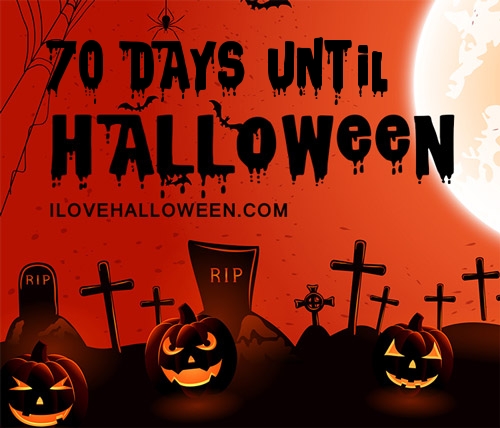Starring: Sophie Dawnay, Tina Barnes, Lisa Devlin, Sylvia Robson, Daniel Jordan, and Jonathan Sidgwick
Director: James Eaves
Rating: Five of Ten Stars
Four women (Barnes, Dawnay, Devlin, and Robson) wake up locked in a room with electrified walls and no memory of who they are. They soon discover they are part of some sort of nightmarish research project... and that their role in it is likely to end with their deaths.
"Bane" is a bit of a throwback to the day when "Cube" was the cutting-edge in the torture porn sub-genre. It's a film that keeps viewers engaged because of the mystery surrounding the who, why, and what of its story. The violence comes in shocking spurts, and the gore shown in such a way that more is in the imagination than on the screen--both of which are huge plusses in the film's favor and which add to its watchability.
Another plus is the strong cast of actors. Everyone gives convincing and engaging performances, with Daniel Jordan as the creepy doctor in charge really making you hate him as the film unfolds and he cruelly subjects the four victims to mind-games and later out-and-out torture. The only principle performer who seems flat and out of place is Jonathan Sidgwick, but I suspect that may be by design rather than Sidgwick being untalented. He doesn't have much to do except look handsome--and he sticks out in the otherwise grim and grimy environment of the film. (I've not seen him in anything else, so it's not completely fair of me to pass judgement on him.)
And it's especially not fair, because Sidgwick's character may seem flat and out of place as a result of the film's flawed script. With a great cast, a strong premise, and some nice twists before we get to the end, this film has all the makings of something I'd give Seven or Eight Stars to. However, writer/director James Eaves did not spend enough time on inserting character touches to elevate the film to that level.
It's hard for me to talk about where Eaves script goes wrong without spoiling the movies twists, but, basically, he didn't spend enough time showing us the personalities of the four captives--or even the two main ones. I understand this is difficult, given the fact they don't know who they are, and the need for the film to maintain its secrecy to the end, but at least giving us some broader strokes about who the characters are deep down would have been helpful in making the viewers care more about them as the film unfolded.
Take for example Katherine. In the opening sequence where the four women are shown being inducted into the research project, she is shown not putting up a fight. As we are first introduced to the characters, we get the sense that she might be some sort of leader or authority figure when she is "in her right mind," but this seems to be forgotten as the film unfolds as she makes no effort to organize the women or negotiate with her captors, or do anything you'd expect a positively directed Type A personalty to do. Without ever receiving any sort of insight into who she is, we can't engage wit her because of her strange passivity. On the flip side, we have Natasha--a negatively directed Type A personality who spends the movie ranting and raving and otherwise behaving like a lunatic, but ultimately not standing up to anyone or anything except Katherine's mild attempts to impose order and humanity among the captives. As a result, the viewer is more annoyed at Natasha than concerned for her safety. The nature of the characters is somewhat explained toward the end of the film, but that doesn't excuse the fact that Eaves didn't give us enough sense of who they are earlier.
Another script problem relates to the twist in the story. I like the twist, but I don't like how it was handled. Again, I can't comment in too much detail without ruining the film, but the way the ending is handled gives you the sense that the people conducting the research project the women are part of are true and utter morons. Basically, any rational (or irrational person for that matter) would be able to see that there's no point in murdering the test subjects as happens here... and the fact that the project seems to have been designed with the death of the subjects as the end result makes it even stupider.
While there are some things to like about "Bane"--and I was generally entertained by it--it's hard for me to give it a glowing recommendation because the execution of the story is so flawed. If you liked "Cube," you might like this. If you haven't seen "Cube", check it out first. It's the grand-daddy of the sub-genre... and a better film all-around.
Note: This review was based on a screener copy provided to me by distributor Chemical Burn/Reality Entertainment.




















No comments:
Post a Comment